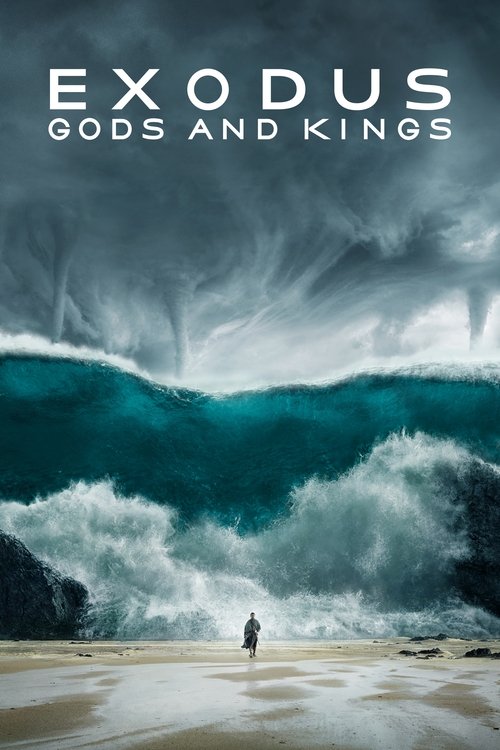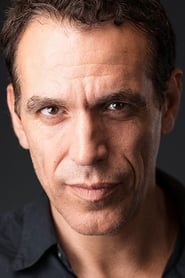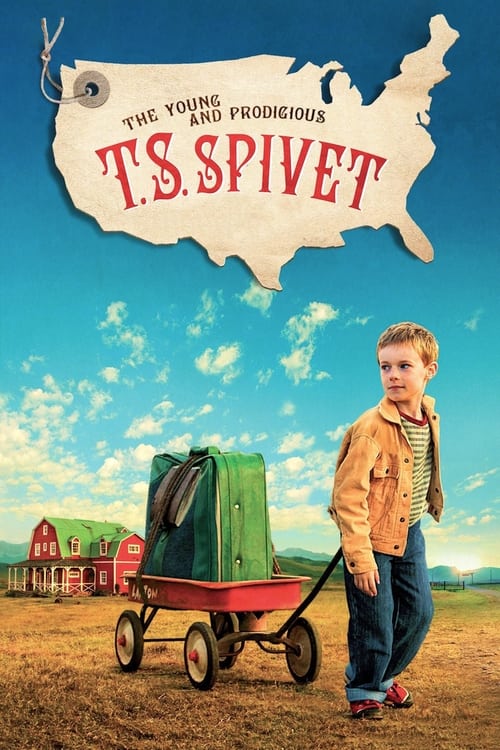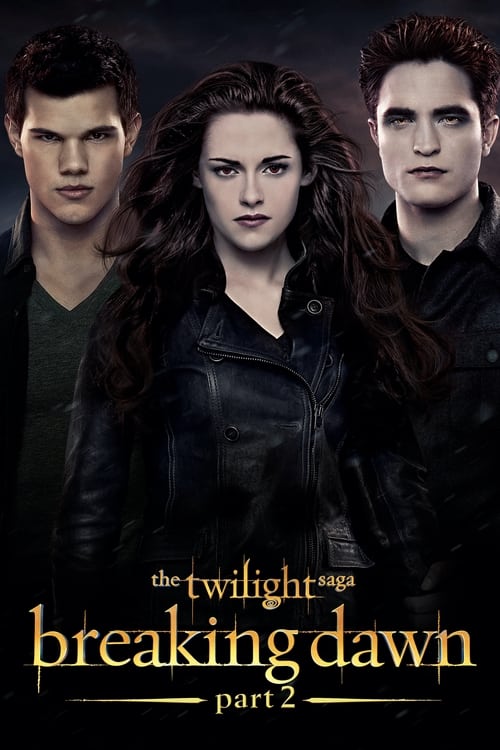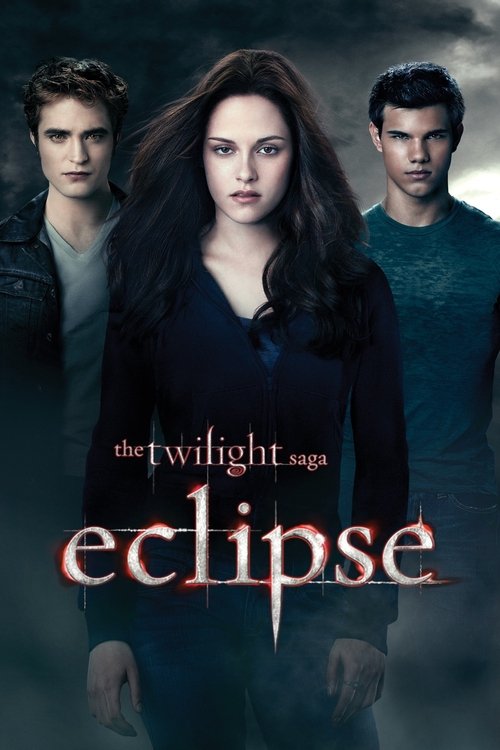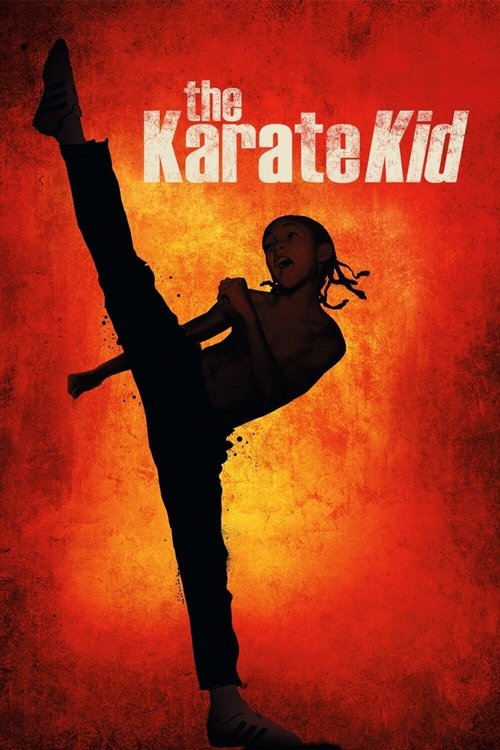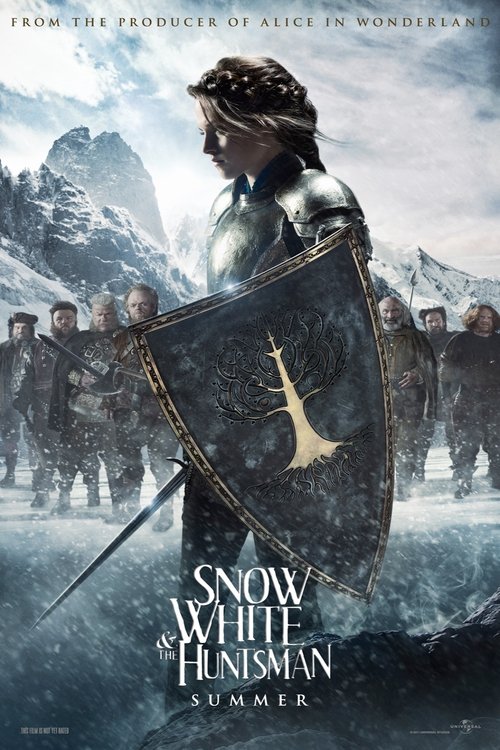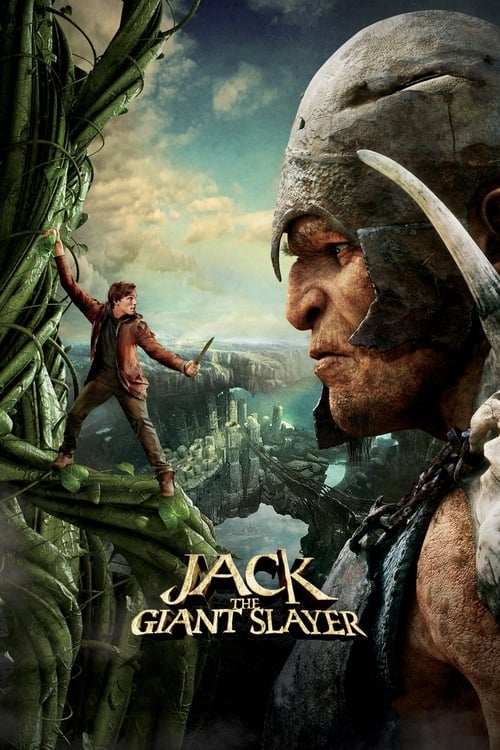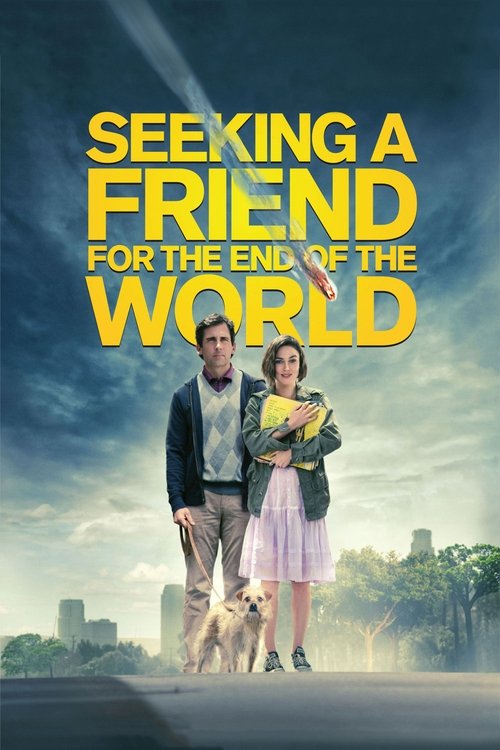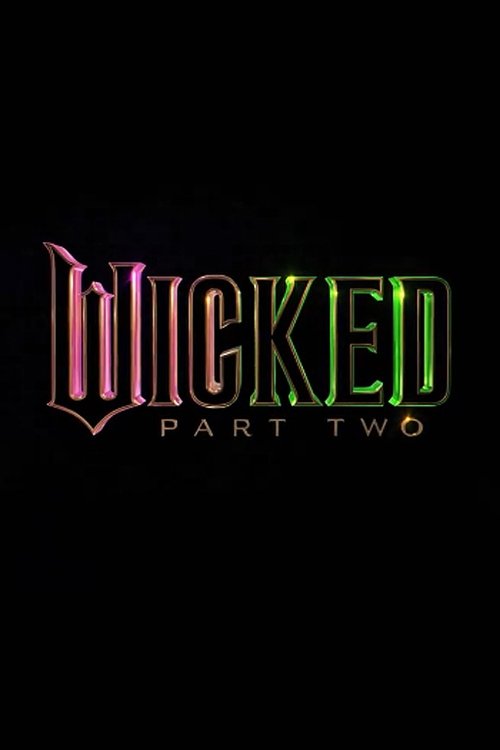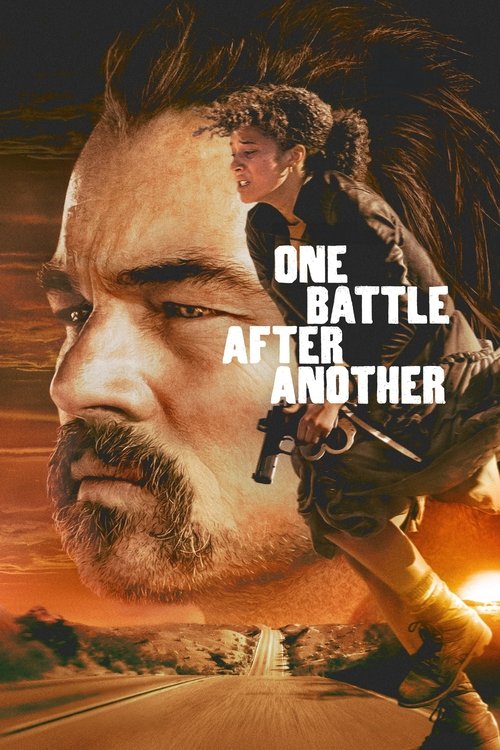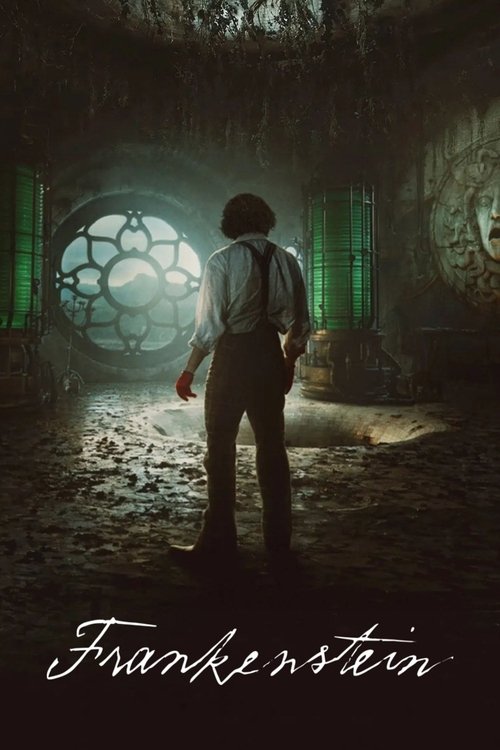
Ask Your Own Question
What is the plot?
More Movies Like This
Browse All Movies →
What is the ending?
At the end of "Exodus: Gods and Kings," Moses leads the Israelites out of Egypt after the final plague, the death of the firstborn. They cross the Red Sea, which miraculously parts for them, while the pursuing Egyptian army is swallowed by the returning waters. Moses and the Israelites celebrate their freedom, while Ramses, the Pharaoh, is left devastated by the loss of his son and the collapse of his empire.
As the film concludes, Moses stands on a mountain, looking out over the promised land, knowing he will not enter it himself. He reflects on his journey and the sacrifices made, while the Israelites begin their new life in freedom.
Now, let's delve into the ending in a more detailed, chronological narrative.
The climax of "Exodus: Gods and Kings" unfolds as the final plague strikes Egypt. The tension is palpable in the air as the firstborn sons of the Egyptians, including Ramses' beloved son, are taken by the angel of death. The scene is filled with anguish and despair, as families mourn their losses. Ramses, filled with rage and grief, confronts Moses, blaming him for the calamity that has befallen his people.
In the aftermath of the plague, Ramses, now desperate to retain control, orders the immediate pursuit of the Israelites, who have been granted permission to leave. The Israelites, led by Moses, gather their belongings and begin their exodus from Egypt. The atmosphere is charged with a mix of hope and fear as they march towards freedom, leaving behind the life of slavery.
As they reach the shores of the Red Sea, the Israelites find themselves trapped between the vast waters and the approaching Egyptian army. Panic ensues among the people, and they turn to Moses, questioning his leadership and expressing their doubts. Moses, feeling the weight of their fears, seeks guidance from God. In a moment of divine intervention, the waters of the Red Sea part, creating a path for the Israelites to cross.
The crossing of the Red Sea is a breathtaking spectacle. The Israelites walk through the dry seabed, flanked by towering walls of water. The scene is filled with a sense of wonder and urgency as they hurry to escape the wrath of Ramses. Behind them, the Egyptian chariots thunder closer, driven by Ramses himself, who is determined to reclaim his subjects.
As the last of the Israelites reach the opposite shore, the waters begin to close in on the pursuing Egyptians. The tension peaks as Ramses realizes the impending doom. The sea crashes down, engulfing the Egyptian army in a tumultuous wave, leaving Ramses standing alone on the shore, devastated by the loss of his son and his army.
In the aftermath, the Israelites celebrate their miraculous escape, singing and dancing in joy. Moses stands apart, reflecting on the journey that has brought them to this moment. He feels the weight of his responsibilities and the sacrifices made along the way. The camera captures his somber expression as he gazes towards the horizon, where the promised land lies just out of reach.
In the final scenes, Moses ascends a mountain, looking out over the land that he will never enter. His heart is heavy with the knowledge of the challenges that lie ahead for his people. The film closes with a sense of bittersweet triumph, as the Israelites begin their new life in freedom, while Moses contemplates the path he has taken and the legacy he will leave behind.
The fates of the main characters are starkly contrasted: Moses emerges as a leader who has fulfilled his divine mission, yet he is left with the sorrow of knowing he will not enter the promised land. Ramses, consumed by grief and loss, stands as a broken ruler, having lost everything to his pride and refusal to let go. The Israelites, finally free, face an uncertain future, but they are united in their hope and determination to forge a new life.
Is there a post-credit scene?
The movie "Exodus: Gods and Kings" does not have a post-credit scene. After the film concludes, the credits roll without any additional scenes or content. The story wraps up with Moses leading the Israelites out of Egypt, emphasizing the themes of liberation and faith, but there are no further developments or teasers presented after the credits.
What motivates Moses to return to Egypt after years of exile?
Moses, played by Christian Bale, is initially reluctant to return to Egypt, having built a life in Midian. However, after a series of divine encounters, including a vision of God in the form of a burning bush, he feels compelled to return to free the Hebrew slaves. His internal struggle is marked by a deep sense of duty to his people and a desire to confront his past.
How does Ramses react to Moses' return and his demand to free the Hebrews?
Ramses, portrayed by Joel Edgerton, is initially dismissive of Moses' return, viewing him as a traitor. However, as Moses demands the release of the Hebrews, Ramses' emotions shift from anger to a sense of betrayal, as he grapples with the idea that his childhood brother is now his enemy. This conflict drives Ramses to assert his power, leading to a series of confrontations.
What are the plagues that Moses brings upon Egypt, and how do they affect Ramses?
Moses unleashes a series of devastating plagues upon Egypt, including the Nile turning to blood, swarms of locusts, and the death of the firstborn. Each plague escalates Ramses' desperation and anger, as he witnesses the suffering of his people and the loss of his own son. The emotional toll of these events weighs heavily on Ramses, leading to a tragic confrontation with Moses.
What is the significance of the parting of the Red Sea in Moses' journey?
The parting of the Red Sea is a pivotal moment in Moses' journey, symbolizing his faith and the divine intervention that guides him and the Hebrews to freedom. As the waters part, Moses leads the terrified but hopeful Hebrews through the sea, showcasing his transformation from a fugitive to a leader. This moment is filled with tension and awe, as Ramses pursues them, only to face the catastrophic collapse of the waters.
How does the relationship between Moses and Ramses evolve throughout the film?
The relationship between Moses and Ramses evolves from brotherly affection to deep-seated animosity. Initially, they share a bond forged in childhood, but as Moses embraces his role as a prophet and Ramses clings to his power, their paths diverge. The emotional stakes rise as Ramses feels betrayed and threatened by Moses' actions, culminating in a tragic rivalry that defines their destinies.
Is this family friendly?
"Exodus: Gods and Kings" contains several scenes and themes that may be considered objectionable or upsetting for children or sensitive viewers. Here are some aspects to be aware of:
-
Violence and Warfare: The film depicts battles and conflicts, including scenes of soldiers fighting and the aftermath of violence, which may be intense for younger audiences.
-
Death and Suffering: There are moments that portray the suffering of the Hebrew slaves, including harsh treatment and punishment, which can be emotionally distressing.
-
Plagues and Natural Disasters: The film includes graphic representations of the plagues that befall Egypt, such as the death of livestock and the suffering of the people, which may be unsettling.
-
Religious Themes: The film explores themes of faith, divine intervention, and the struggle for freedom, which may provoke strong emotional reactions or confusion in younger viewers.
-
Intense Emotional Moments: Characters experience significant loss, betrayal, and moral dilemmas, which can evoke strong feelings of sadness or anxiety.
-
Imagery of Oppression: The portrayal of slavery and oppression may be difficult for some viewers, particularly in how it reflects historical injustices.
These elements contribute to a narrative that, while epic and visually stunning, may not be suitable for all children or sensitive individuals. Viewer discretion is advised.

